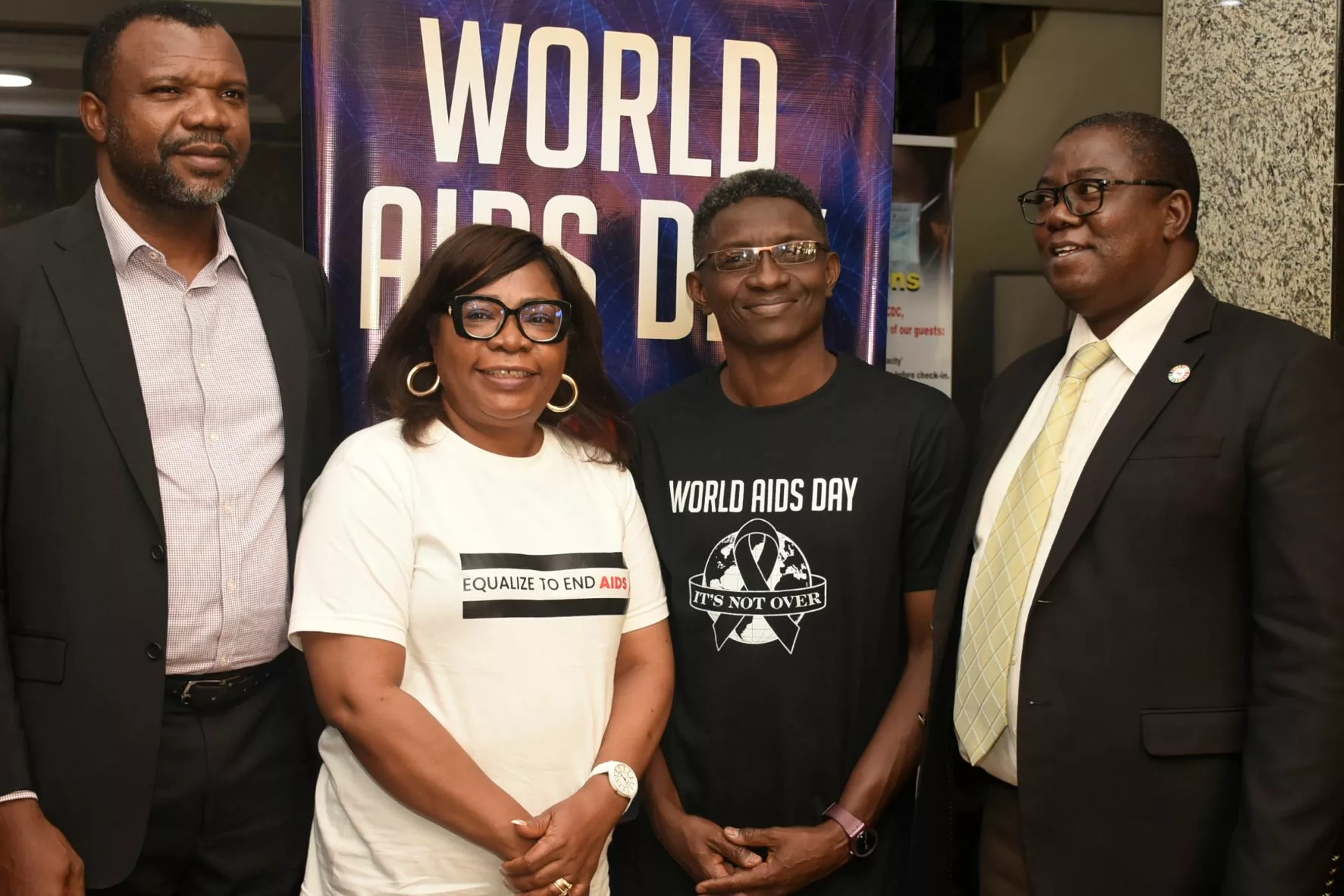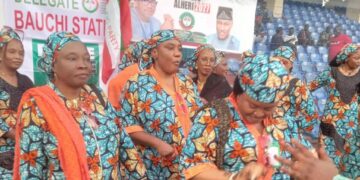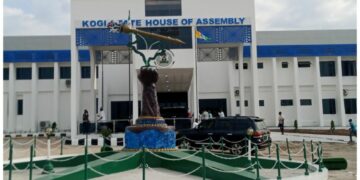In commemoration of the 2022 World AIDS Day, governments at all levels have been urged to prioritise investment in adolescents and young people in the country to reduce the rate of HIV/AIDS infections in order to secure their future.
The call was made at a youth dialogue in Abuja yesterday with the theme “Equalise To End AIDS” organised by AIDS Health Foundation (AHF) in collaboration with Positive Action For Treatment Access (PATA), UNAIDS and National Action For the Control of AIDS (NACA).
Speaking at the event, Dr Victoria Isiramen, Health Manager/AYP National Team Lead, UNICEF Nigeria said looking at the national HIV/AIDS response to Nigeria, there’s need to prioritise the response to address key issues affecting young people in the age group of 10-24 years.
“We have about 70million of this group of Nigerians, and that is a huge population. They have a peculiar character, they are young, they are growing, they need to be empowered. This is their formative years. So if we want a generation and a future that is secure, we need to invest in these people, it has to be multi-sectoral. Yes, we are talking HIV, but HIV is a multi-sectoral issue, when you put girls in school, it reduces their vulnerability to HIV and other sexual reproductive health risk.
She further said, “Nigeria has a strategic HIV plan, and in that plan there are two big strategic thrusts. One is to reduce or ensure zero new infections, zero stigma and discrimination, and the group of people that should be focused more on are young people, because if you reduce the infections in young people, especially the girls, because our data is showing us that of the 7,600 new infections that happened in young people in 2021, 6800 of them are girls.
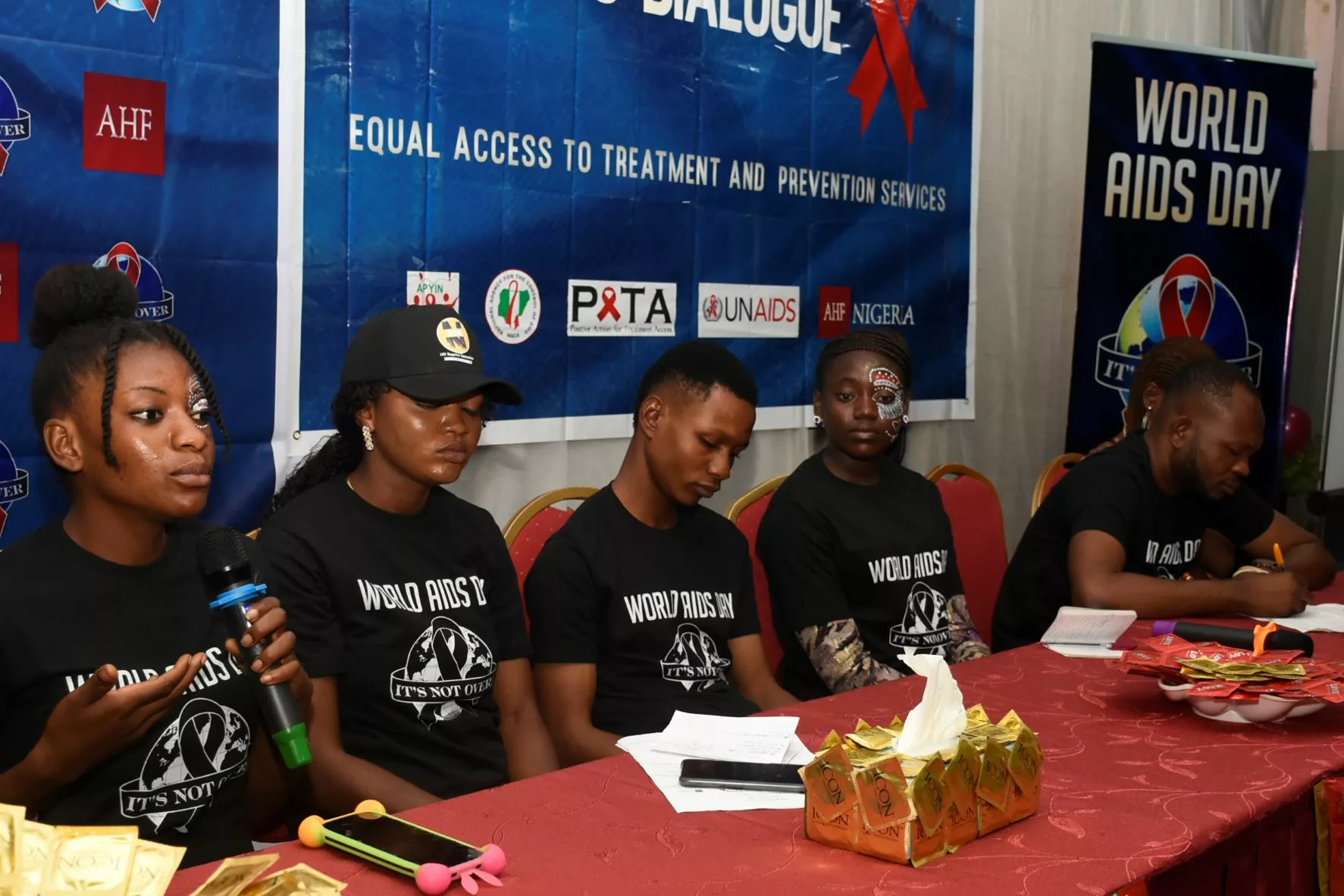
“If we invest more in girls, we secure the girl’s future, you secure the future of the partner, you secure the future of the child she is going to deliver. So this is call to Nigeria as a country, we have gone a long way in HIV response. We have good plans, now we need to implement them. We need to put our monies, energy and commitment where our mouth is. We have developed the plans, let’s move to implement and sustain it.”
Isiramen called for meaningful engagement and participation of young people, adding that no one is too young to engage. “The earlier the better. When young people engage, it empowers them, and when they are empowered then they can engage better at a higher and strategic level. Through participation they can do many things like plan, support monitoring, they can also design and ensure activities and interventions are addressing their needs. Young Nigerians need to be given the space.”
Country Director, AHF Nigeria, Dr Echie Ijezie said World AIDS Day is an annual event globally. “The global theme for 2022 is to ensure equal access, with a view to ensuring that there’s access for everyone for treatment and prevention.
“AHF is lending its voice to that, by saying that it is not yet over. We want to ensure that there is equal access, inequalities and barriers are eradicated and everyone can access treatment services. We want to remind everyone that HIV is still there with us. A lot of successes have been made from interventions by government, and I want to thank all relevant stakeholders for their role in ensuring a significant downward trend.
“So today AHF with partners are organizing a youth dialogue to know what the particular challenges are, because the youths are also affected, especially the females. So I hope that at the end of the day there is going to be a communique where we can identify what they are going through and how we can reprogramme our efforts towards addressing those challenges,” he said.
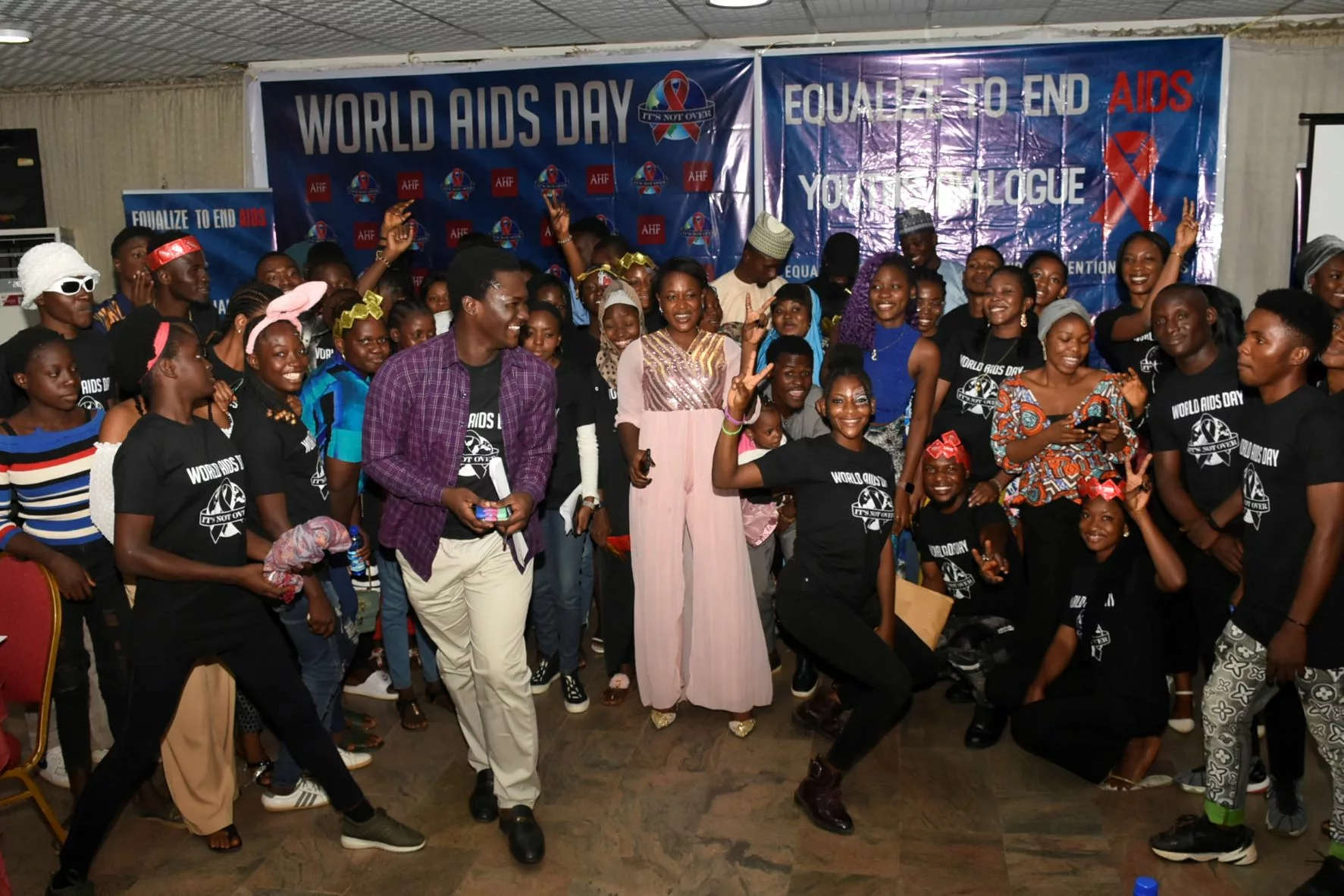
Also speaking, Deputy Director, Prevention & Social Behaviour Change Communicator, NACA, Dr Daniel Ndukwe on plans of the agency said Nigeria has a huge strategic plan. “We are currently reviewing our national strategic plan on AIDS, which is at an advanced stage based on evidence and evaluation. Nigerians should expect a new plan that is informed and will be more responsive than the previous one.”
Ndukwe speaking on plans for those in rural areas, said, “We have a number of activities. One of the studies we did years back shows that some rural areas have higher incidences of HIV, so we are not unmindful. It is not just urban or rural that informs what we do, we have surveys and studies that show certain hot spots that we need to focus more. We have existing structure that focuses on rural areas.”
Dr Takra Koubaguine, UNAIDS Strategic Information Adviser in his address said 2022 World Aids Day is to equalize, by giving equal chance to everyone to access their health rights, access to prevention and treatment. “Equalize means also identifying different barriers and removing them for people to access all these programs.
He said, “Today we have all the tools, technology. Science has proven that treatment is effective and can suppress the virus, so there is no need today to have new infections. What is drawing us back are the barriers like our environment, legal barriers and program barriers, inequalities within the program settings. So, this year we are putting efforts on equalizing.”
AHF Team Leader, GirlsACT, Asher Patience while also speaking said today is a significant day where stakeholders meet to discuss how to fight the dreaded HIV/AIDS. “In AHF, our theme for the year is “It’s Not Over” meaning for young people, we still need to advocate, we still need to spread the word that HIV is not a killer disease, you can be anything you want to be, it is not over.”

